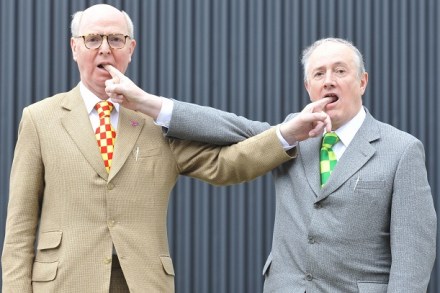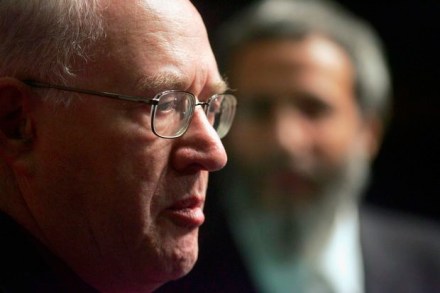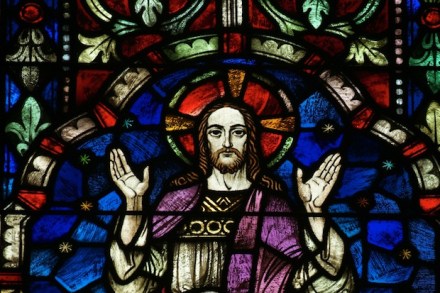In Iraq, ancient Christianity lies in ruins. But who cares?
The Mar Behnam monastery outside Mosul, seized by ISIS just over a week ago, bears an inscription in the Turkic language of the Mongols who invaded Iraq in the 13th century. It asks for ‘the peace of Mar [Saint] Behnam to come down and rest on the Khan, his elders and his wives’. Why should Mongols revere Behnam, a convert to Christianity who was martyred by the region’s Zoroastrian ruler in the fourth century? The answer is that the Church of East to which Behnam converted had been the world’s greatest Christian Church. Its missionaries were firmly established in China by the seventh century. It was independent of both Rome

















